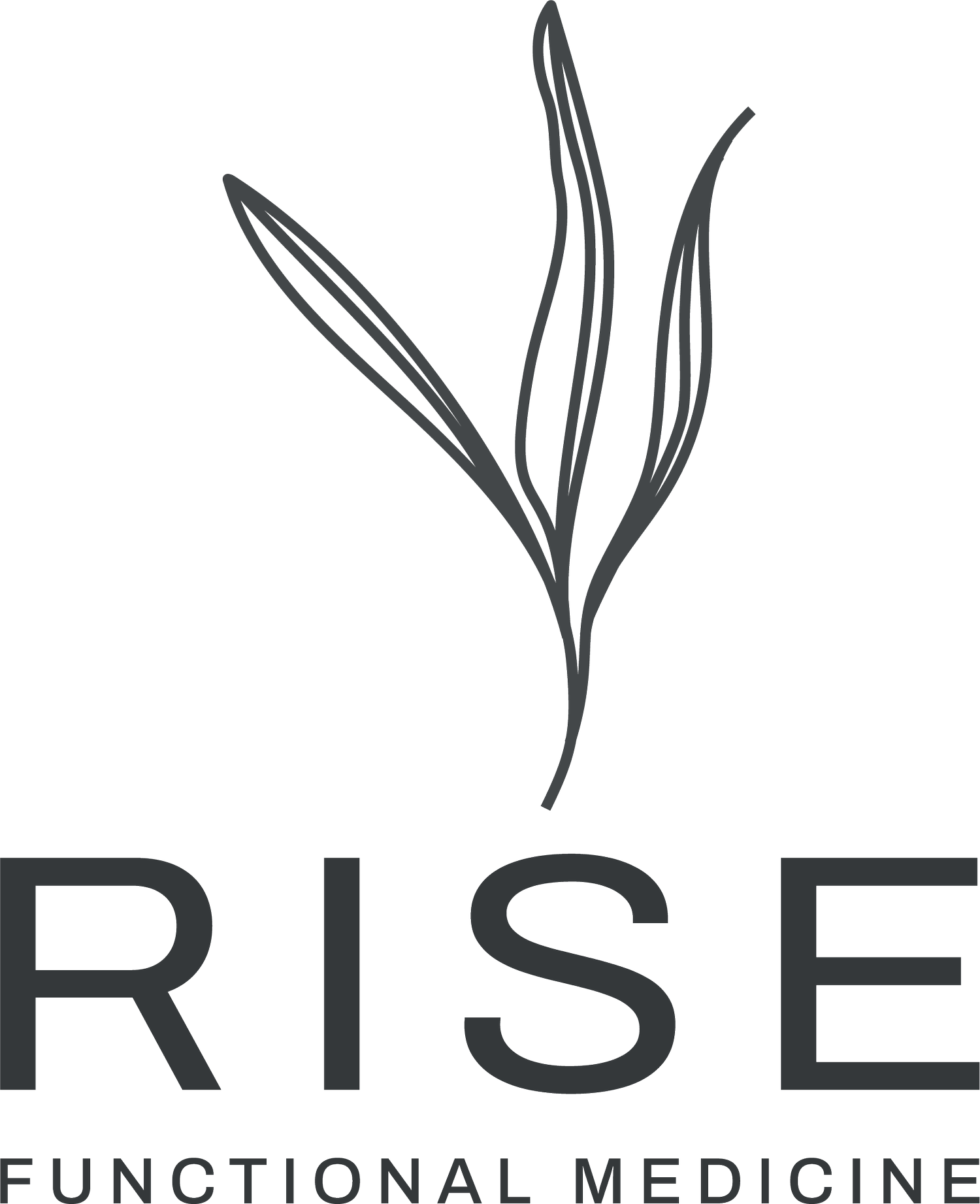Iodine: An Overlooked Nutrient and Common Deficiency in Athletes and Active Adults
Athletes constantly push their bodies to the limit, focusing on strength, endurance, and performance. However, amidst the rigorous training regimes and dietary considerations, one crucial element often gets overlooked: iodine. Iodine, an essential micronutrient, plays a pivotal role in various bodily functions, particularly concerning the thyroid gland, breast health, and reproductive system. Yet, many athletes unknowingly put themselves at risk of iodine deficiency, with potentially severe consequences for their health and performance.
The Thyroid's Vital Role
The thyroid gland, a small butterfly-shaped organ located in the neck, regulates metabolism and energy production. Iodine is crucial for the synthesis of thyroid hormones, namely thyroxine (T4) and triiodothyronine (T3). These hormones govern metabolism, temperature regulation, and cellular growth and repair. Without sufficient iodine, the thyroid gland cannot produce an adequate amount of thyroid hormones, leading to hypothyroidism—a condition characterized by fatigue, weight gain, constipation, cold intolerance, and cognitive impairment. For athletes, this can translate to decreased energy levels, impaired recovery, suboptimal body composition, and compromised performance. These symptoms can occur even if standard thyroid bloodwork appears normal!
Implications for Breast Health and Reproduction
Iodine deficiency also poses risks to breast health and reproductive function. The breast tissue, like the thyroid gland, concentrates iodine for hormone production and regulation. Insufficient iodine levels may contribute to fibrocystic breast disease—a condition characterized by benign lumps, tenderness, and discomfort in the breasts. Furthermore, iodine deficiency can impact ovarian function and fertility. The ovaries require iodine for proper hormone synthesis and regulation, and inadequate levels may disrupt menstrual cycles and impair reproductive health in both female and male athletes.
Iodine Loss - Surprising Risk Factors
Athletes, particularly those engaged in endurance sports or high-intensity training, lose significant amounts of iodine through sweat. Studies have shown that athletes can lose up to several milligrams of iodine during prolonged exercise sessions, exacerbating the risk of deficiency, especially when coupled with inadequate dietary intake. With sweat serving as a primary route for iodine excretion, athletes must pay close attention to replenishing this vital nutrient.
Fluorine competes with iodine uptake and high levels of intake can cause iodine deficiency. It is found in drinking water, dental treatments, air conditioning and refrigeration, nonstick coating such as Teflon- and even wine! Research shows that excess fluorine intake increases the incidence of thyroid diseases resulting in an increase in TSH levels and a decrease in triiodothyronine (T3) levels.
Other risk factors include the avoidance of iodized salt, seafood and/or dairy products, obtaining meat and produce from regions with iodine-poor soil, and following vegetarian or a Paleo/Keto diet. For this reason, I screen for iodine deficiency in most of my patients with chronic symptoms that mimic hypothyroidism.
Navigating Iodine Supplementation: Risks and Benefits
Given the risks associated with iodine deficiency, supplementation may seem like a logical solution. However, caution must be exercised, as excessive iodine intake can also lead to adverse effects, including thyroid dysfunction and autoimmune thyroiditis. Athletes should aim to obtain iodine from dietary sources whenever possible, such as iodized salt, seafood, dairy products, and seaweed. If supplementation is necessary, it should be done under the guidance of a healthcare professional who can assess individual needs via urinary iodine testing and monitor thyroid function regularly.
Conclusion
Iodine deficiency presents a significant yet often overlooked risk for athletes, impacting thyroid function, breast health, and reproductive physiology. With the considerable iodine loss through sweat during intense physical activity, athletes must prioritize adequate intake through dietary sources and, if needed, supplementation under professional guidance. By safeguarding iodine levels, athletes can optimize their health, performance, and long-term well-being.

